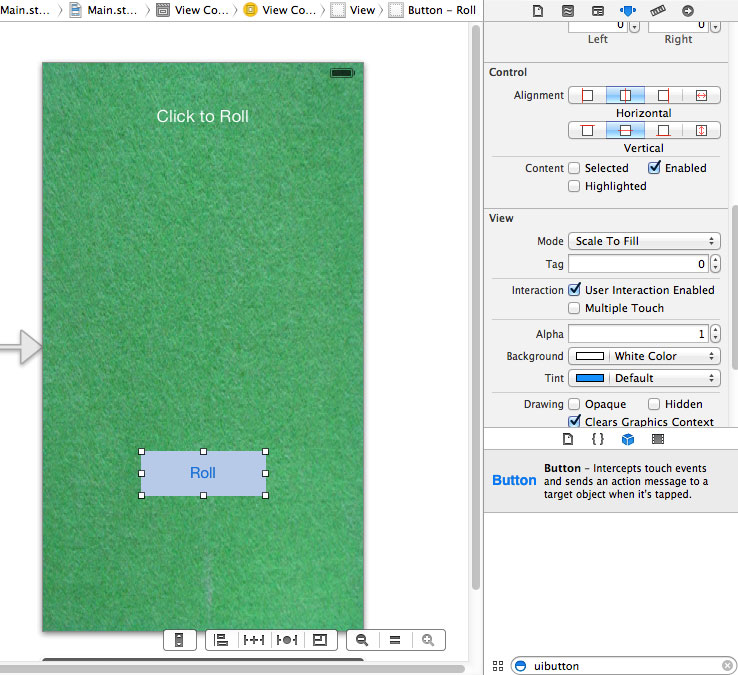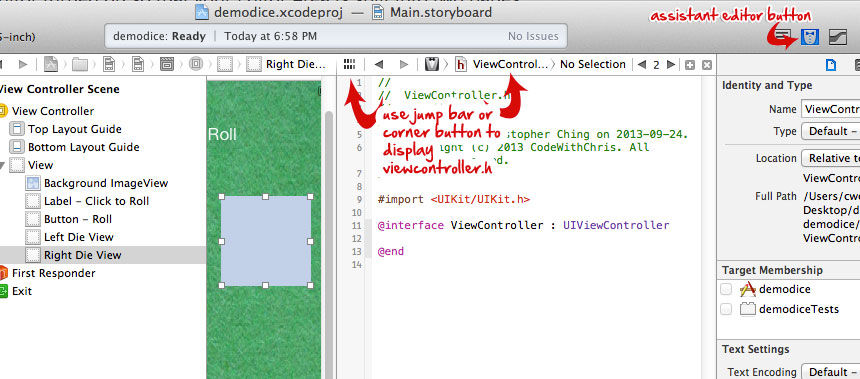

It represents the physical screen youre seeing while using any app with your iOS. Dive Deep Into Views, View Controllers, and Frameworks Matt Neuburg. You would likely do this with an AVPlayerViewController for example. The UIViewController is the logical place to start working on your UI code. Another reason to programmatically initialize a VC is when you just want its view added as a sub-view of your current VC. Start by opening the iOS host portion of your Flutter app in Xcode: Start Xcode. I programmatically present view controllers when I want to customize the animation and/or size of the presented controller. I like to use segues for connecting view controllers in my storyboard, and for easily passing data to the presented VC. Edit: I think my view controller isnt rendering the text field, button, and label objects. Also, I get the same white screen (minus the back button/menu bar) if I make the Log-In screen the initial view. Method 1 (simple): In your storyboard file, select the button you would like to present the second view controller, right click and drag (you should see a line.

For example, tab bar controller, navigation controller. However, most of the tutorials use Objective-C and/or non-current versions of Xcode. Edit: I was able to run an older tabbed app in xcode 6, so Ive probably overlooked something and it would not be due to the update. Your Initial View Controller needs to be embedded in something when you are in a storyboard. Open Xcode and create a new project by choosing the App template from the iOS. The cool thing about this trick is that you can make your own game controller or. For more dynamic interfaces, or in cases where there is no dedicated control to initiate the segue, use the methods of UIViewController to present your view controllers."

Apple explains it best in their documentation:


 0 kommentar(er)
0 kommentar(er)
